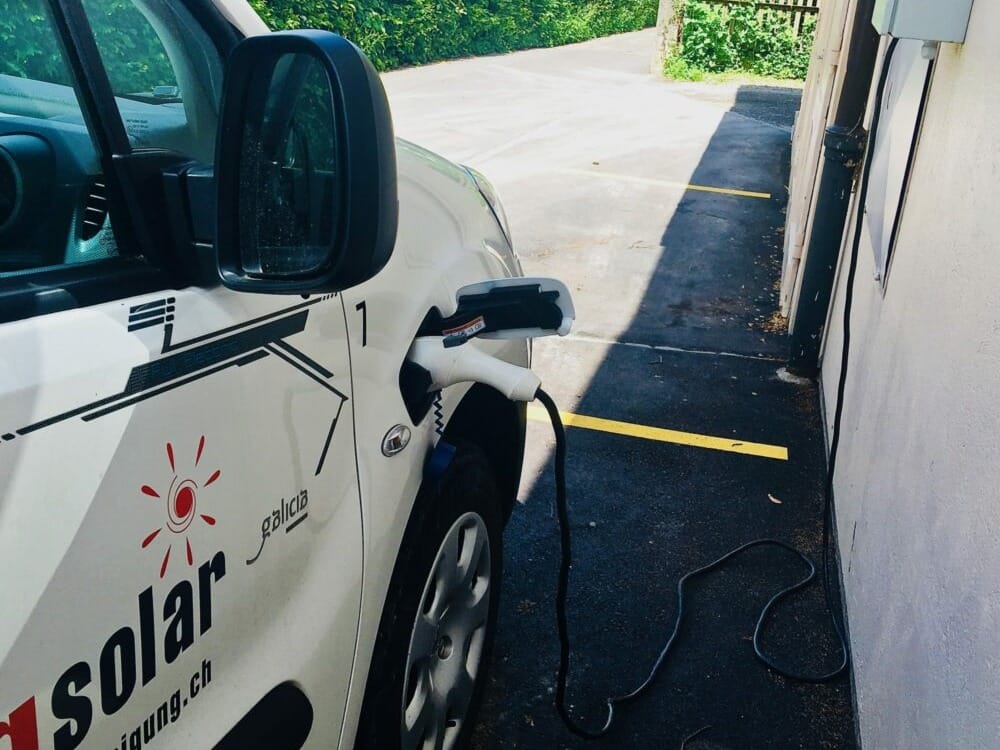An international organization found 8% of 2,410 large companies it surveyed last year met at least half their electricity needs from renewable energy sources like wind and water.
The International Renewable Energy Agency, or IRENA, based in the United Arab Emirates, said 200 mostly European and North American companies reported more than half the electricity they consumed came from renewables. Just 2%, or 50 companies, reported all their electricity came from cleaner, non fossil fuel-burning energy sources.







